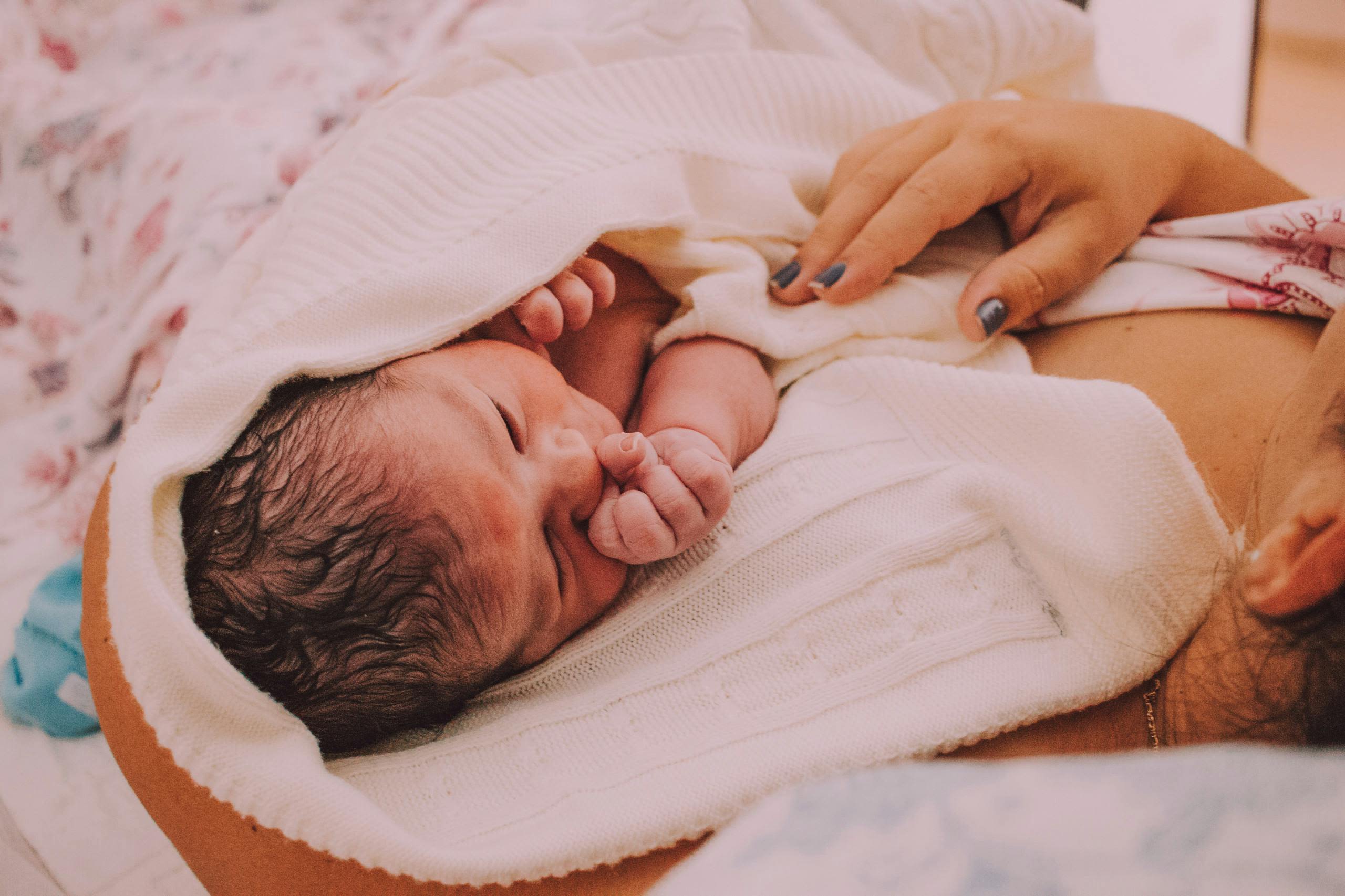Maeve's Midwife Insights

Midwives play a vital role in supporting parents from pregnancy through to post-partum, providing the most attentive care every step along the way. They provide emotional support to both partners, empowering them to make informed decisions, and creating a tailored birth plan that reflects their unique preferences.
In this issue of Little Steps, our team sat down with Maeve, a three-years qualified midwife who currently works in the position of ‘Community Midwife’, to chat with and get her insight on a topic that is less focused on: partners. How can they help their birthing person? How can they help themselves throughout the life-changing chapters of becoming parents? With her years of experience, Maeve offers her invaluable tips on everything from preparation to the support needed managing postpartum recovery. Whether you’re a first-time parent or welcoming another little one into the world, we hope her advice can offer you reassurance and confidence for the journey ahead.
When Maeve was asked how dads or partners can best support the birthing person during labour, both physically and emotionally, she explained, ‘I think it’s important the birth partner has a conversation during pregnancy about how the birthing person will need their support i.e., massages, preparing the room by setting up lighting/ birth playlist.’ She added, ‘In some cases, the birthing person may wish for health care professionals’ questions to be directed to the birthing partner, to not cause a distraction. So, it is important they know the wishes of the birthing person so they can advocate for them.’
Speaking on the topic of ways that dads and partners can stay calm and offer support when birthing plans change, such as an emergency c-section, Maeve highlighted that, ‘again, discussion in the antenatal period is important as well as attending antenatal classes.’ Knowing what to expect and why an emergency c-section is important will mean they are prepared for this situation beforehand and have some idea why it’s being offered. Maeve reinforced, ‘If they feel overwhelmed to let the midwife know that they need more information or clarification on what and why it is happening so that they can reassure their partner.’ Maeve’s main tip that she wanted everyone to remember in this type of situation is ‘deep breaths’!
The topic of post-partum depression is an important one, with partners needing to know how to support, and what symptoms to look for. Maeve noted that post-partum depression can present in many ways, she explained ‘if their birthing person already experiences anxiety or depression what are their normal triggers i.e., do they tend to sleep less or stop eating? These behaviours may present themselves again’. Maeve added, ‘If the birthing person has never had Mental Health issues, then looking for new behaviours is key. i.e., is your partner more tearful/ anxious or angrier than normal? Have they been struggling to sleep when the baby sleeps, or voicing concerning intrusive thoughts that are worrying you?’ Throughout our chat with Maeve she kept coming back to the same point: ‘Trust your instinct – if you think your partner is behaving in a way that is not normal for them and it concerns you, talk to a healthcare professional. Healthcare professionals are able to ask more specific questions which can then help them to understand if PND is present.’
A topic that Maeve believes isn’t spoken about enough is partners managing their own mental health after the baby arrives. She explained how feeling overwhelmed and helpless is normal but not something that should be left to fester. ‘Please reach out to people, there are many organisations out there to support dads and partners, depending on where you live. I know my hospital organisation has a specific charity for dads who are experiencing anxiety and depression following birth. Also speak to the community midwife- hopefully you will have built up a rapport in pregnancy and they are always there to support you too. I always have time to help both individuals who have been through childbirth, it affects both partners in different ways. Your GP can also arrange Mental Health support. Speaking to a fellow new dad or a new dad from an antenatal class may provide reassurance.’
To finish up, we picked Maeve’s brain and proposed to her the question of what is something a partner has brought in or done during labour that has made the process a whole lot better for the birthday person? ‘Well, I wouldn’t say there is one thing but those who have read and understood the birth plan. This is very helpful because if the birthing person is unable to answer a question or advocate for themselves (due to an emergency etc) then if the birthing partner knows their wishes, we can still honour them.’
Maeve’s insight highlighted the importance of needing to look after yourself as a dad and partner as well as your family. Your mental and physical health matters too, this experience has a big effect on everyone involved. This journey can be challenging but it is also filled with so many happy moments. So, as you embark on this big adventure ahead, remember to support each other, look after your own self and of course, as our midwife said, ‘Trust your instincts’ and ‘deep breaths!’
"...trust your instinct – if you think your partner is behaving in a way that is not normal for them and it concerns you, talk to a healthcare professional.."


